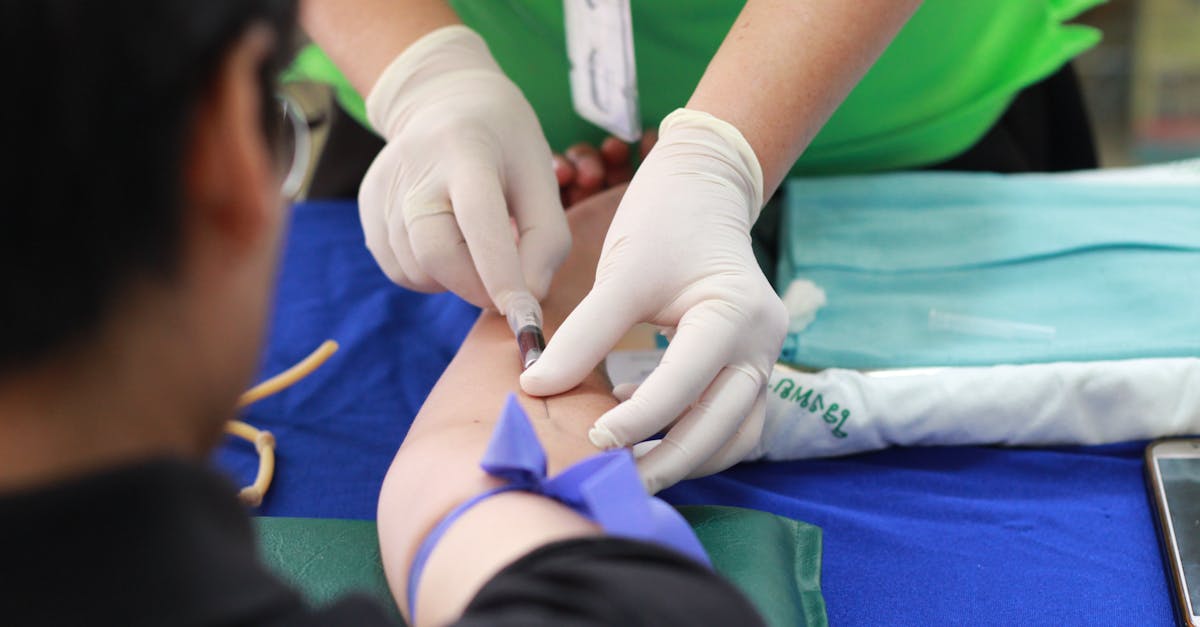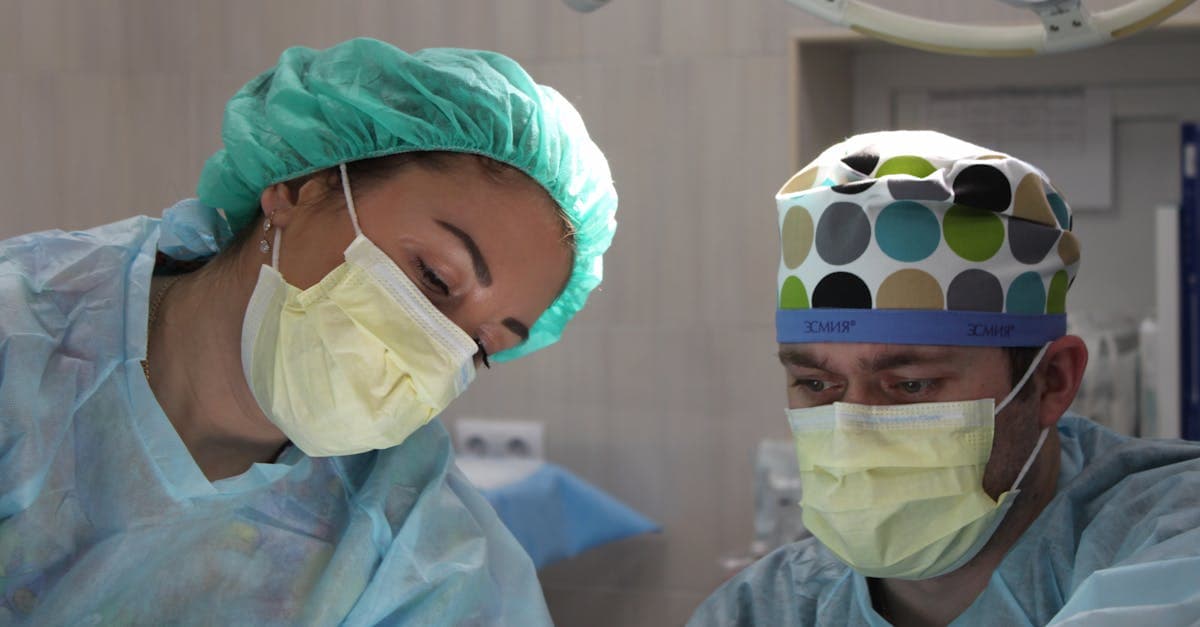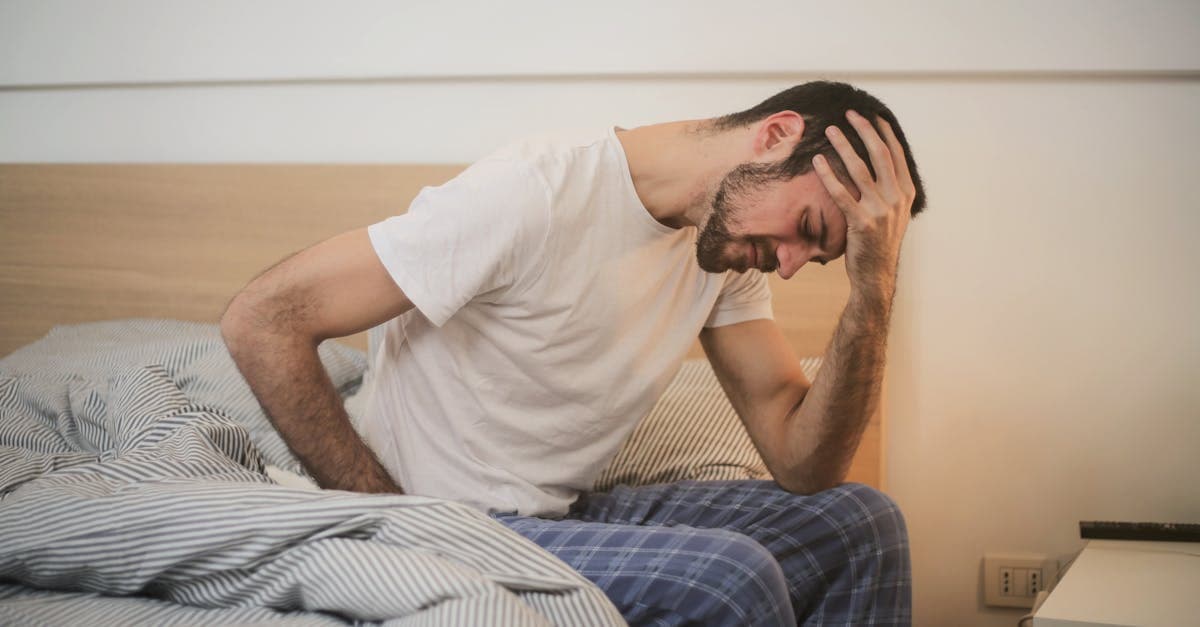Published on:
5 min read
Stay Healthy: Why Pneumonia Vaccination Matters
Pneumonia is a serious lung infection that can affect anyone, but it is particularly dangerous for vulnerable populations. Vaccination is a crucial step in protecting yourself and your loved ones from this potentially life-threatening illness. Discover why getting vaccinated against pneumonia is essential for maintaining your health.

Understanding Pneumonia
Pneumonia is an inflammatory condition of the lungs primarily caused by infections, which can be bacterial, viral, or fungal. It often leads to symptoms such as cough, fever, chills, and difficulty breathing. Pneumonia can arise from various sources, including a common cold or flu, making it more prevalent in the colder months when respiratory illnesses spike. For infants, elderly individuals, and those with weakened immune systems, pneumonia can have severe repercussions. These groups are more susceptible to complications, making vaccination a crucial component of managing overall health and prevention strategies. Recognizing the signs and symptoms, along with understanding the risk factors, is the first step toward effective prevention.
The Benefits of Pneumonia Vaccination
Vaccination is one of the most effective ways to prevent pneumonia, particularly for high-risk groups. The two main vaccines that protect against pneumonia are the pneumococcal conjugate vaccine (PCV13) and the pneumococcal polysaccharide vaccine (PPSV23). These vaccines work by training your immune system to recognize and fight off the bacteria that cause pneumonia. Receiving these vaccinations significantly reduces the risk of developing serious infections, hospitalization, and potential mortality. Besides individual protection, widespread vaccination can contribute to herd immunity, ultimately protecting those who may not be able to receive the vaccine due to health issues. This makes pneumonia vaccination a community health priority.
Who Should Get Vaccinated?
While anyone can benefit from the pneumonia vaccine, certain groups should prioritize vaccination. This includes children under the age of 2, adults over 65, and people with chronic medical conditions like asthma or diabetes. Additionally, individuals who are immunocompromised should discuss the vaccination with their healthcare provider as they are at a higher risk. It's essential for parents to ensure their children receive the recommended immunizations to protect them from pneumococcal diseases early in life. Adults should also be proactive, especially as they age or if they have underlying health conditions. Consulting with a healthcare professional is key to determining the appropriate vaccination schedule based on personal and family health history.
Conclusion: Take Action Today
In summary, pneumonia vaccination is a vital step in safeguarding health, especially for those at higher risk. By understanding the significance of the vaccine and who should receive it, you empower yourself and your loved ones to take proactive measures against pneumonia. Don't wait—schedule a visit to your healthcare provider today and ensure that you and your family are protected against this serious illness.
Published on .
Share now!










